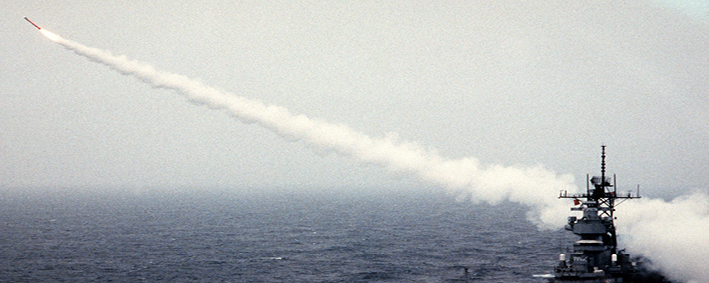 |
CCHU9057 Arts and Humanities
|
Course Description
Why do we kill in war? Are we Homo Sapiens natural born killers, homicide hard-wired into our very DNA? Or, do we actually have to overcome a resistance to killing within our species, learning to do it out of loyalty or perceived necessity to protect our own specific group or community? There’s compelling factual and anecdotal evidence supporting both arguments. The goal of this course is to explore, examine and interrogate a broad spectrum of literature, cinema and visual documentation of war, spanning both time and geography, in order to learn the truth about why we kill in war. In that pursuit, we will study the killing stories, ancient and modern, real and imagined, written and visual. Students will also create their own killings stories, using one-act plays to see what it’s like to march in the boots of soldiers, what it takes to motivate them to kill in war; the training involved, both physical and psychological; the familial, community and national pressures to fight and kill in war; and the impact on both combatants and the societies that sent them. Finally, we will look at secondary psychological destructive effects on those sent to kill—and ultimately on the society that sent them as well as new approaches on how each may heal.

Course Learning Outcomes
On completing the course, students will be able to:
- Describe and summarize the narratives, key points, philosophies, place and purpose of various examples of war literature.
- Identify and analyze the political, religious, cultural and practical inducements, justifications, and consequences of killing in war.
- Understand and appraise fundamental ethical, philosophical principles that have been constructed and used to support, govern or oppose acts of war.
- Analyze clinical developments in the concept of “moral injury”, shifts in potential treatment for combat-related psychology injury, and the usefulness of concepts such as forgiveness and reconciliation.
- Interrogate the absence of sufficient dialogue, both public and private, concerning the consequences of killing in war.
Offer Semester and Day of Teaching
First semester (Wed)
Study Load
| Activities | Number of hours |
| Lectures | 24 |
| Tutorials | 12 |
| Reading / Self-study | 24 |
| Review of films, videos and websites | 12 |
| Assessment: Essay / Report writing | 20 |
| Assessment: Presentation (incl preparation) | 40 |
| Assessment: In-class tests | 4 |
| Total: | 136 |
Assessment: 100% coursework
| Assessment Tasks | Weighting |
| Quizzes | 20 |
| Short paper | 30 |
| Group project and presentation | 50 |
Required Reading
Western classical
- Homer. The Iliad. [Selected excerpts]
- Homer. The Odyssey. [Selected excerpts]
- Virgil. The Aeneid. [Selected excerpts]
Eastern classical
- Mahabharata. English translation by C. Rajagopalachari. [selected excerpts]
- Sun Tzu. The Art of War.
Contemporary
- Bao Ninh. The Sorrow of War. [Selected excerpts]
- David Wood. What Have We Done: The Moral Injury of our Longest Wars.
- Jack Weatherford. Ghengis Khan and the Making of the Modern World.
- Jonathan Shay. Achilles in Vietnam.
- Jonathan Shay. Odysseus in America.
- Lt. Col. Dave Grossman. On Killing. [Selected excerpts]
- Lukasz Kamienski. Shooting Up: A History of Drugs in Warfare.
Philosophical
- David Livingstone Smith. The Most Dangerous Animal. [Selected excerpts]
- Glenn Gray. The Warriors: Reflections on men in battle. [Selected excerpts]
- Karl Marlantes. What it is like to go to war. [Selected excerpts]
- Kevin Sites. The Things They Cannot Say. [Selected excerpts]
Visual
- Platoon, Full metal jacket, Apocalypse now. [Vietnam in three films]
- Combat footage from soldiers in Afghanistan and Iraq. [Video]
- Terror videos (discussion) ISIS, Al Qaeda. [Video]
- The American Civil War photographs of Matthew Brady.
Course Co-ordinator and Teacher(s)
| Course Co-ordinator | Contact |
| Mr K.A. Sites Journalism and Media Studies Centre, Faculty of Social Sciences |
Tel: 3917 4072 Email: ksites@hku.hk |
| Teacher(s) | Contact |
| Mr K.A. Sites Journalism and Media Studies Centre, Faculty of Social Sciences |
Tel: 3917 4072 Email: ksites@hku.hk |

